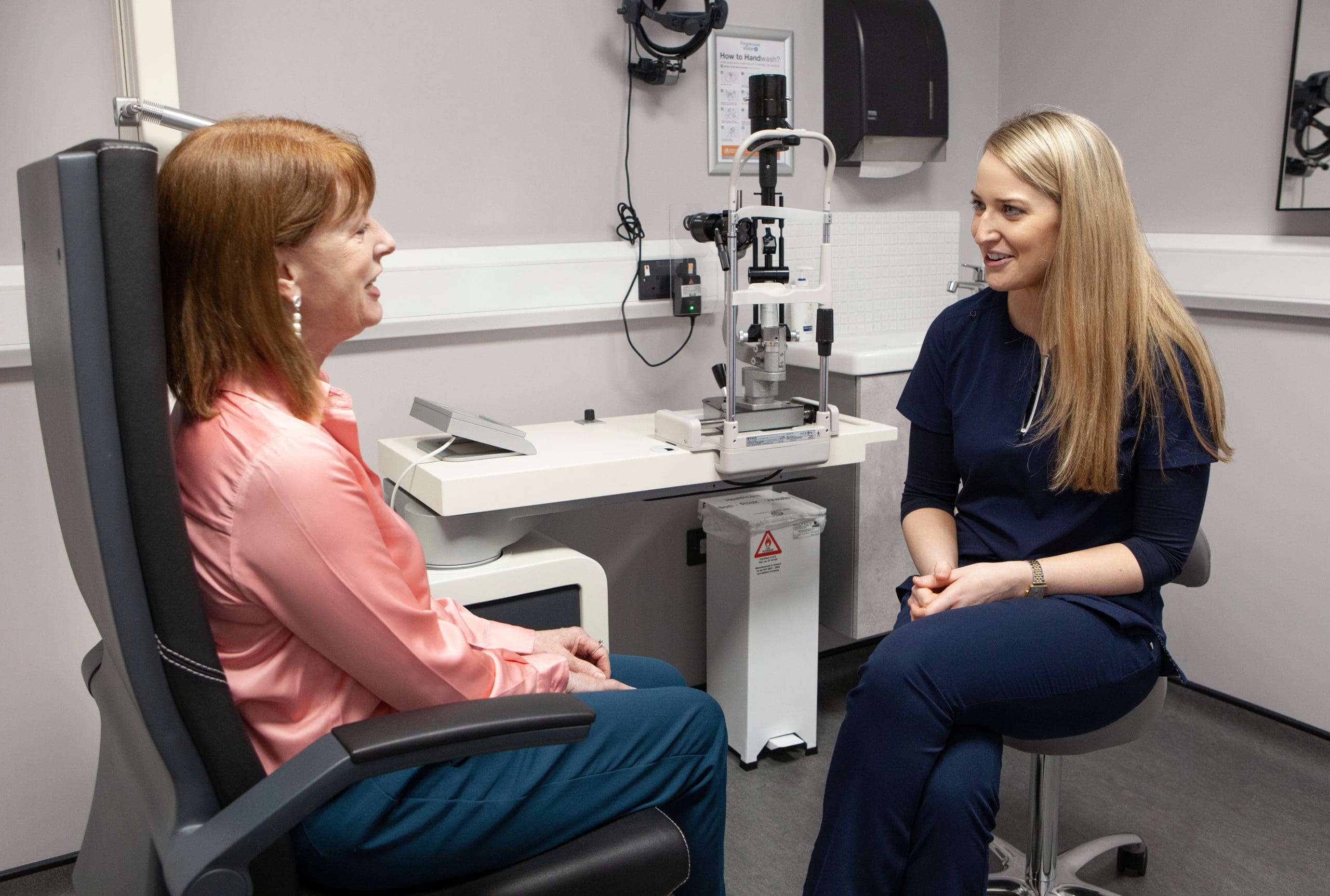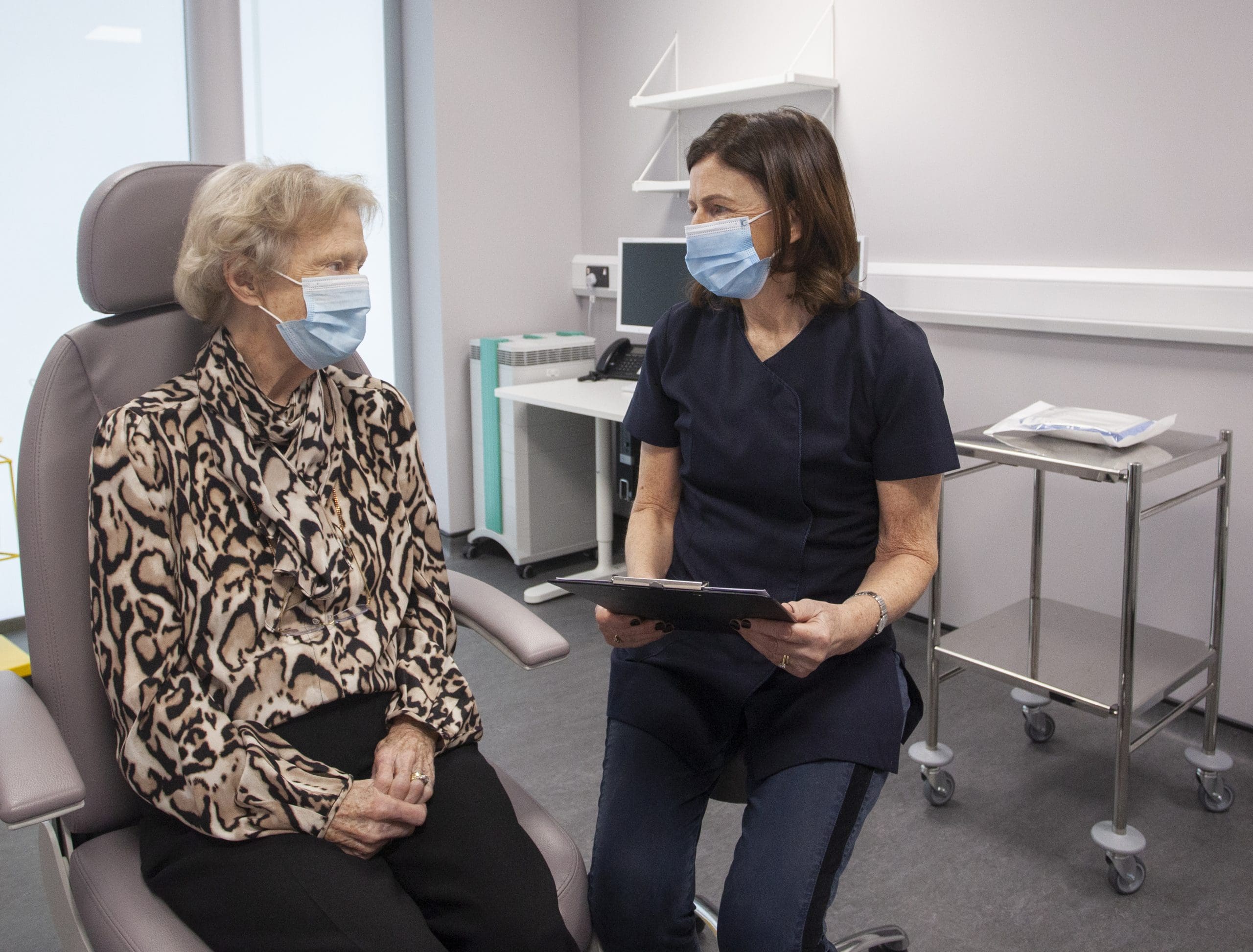
Post-operative instructions for cataract surgery
Keep the eye shield on the eye for the first day then only at night-time for the first week. If you have a double pad and a shield, remove the pad at 6pm that evening but keep the shield on that night and then only at night for the first week.
- You will be given a prescription for the post-operative steroid drops and are asked to put a drop in at 6pm and 10pm on the evening of surgery. These drops are usually used four times a day for the first week and then reduced down by one drop per day each week for the next three weeks (i.e. 4 drops a day first week, 3 drops a day second week, 2 drops a day third week, 1 drop a day fourth week). The Prescription also includes an antibiotic drop which is usually used four times a day for one week only
- You can experience blurred vision or a gritty sensation in the eye for the first few days after surgery.
Do
- Wash your hands thoroughly before cleaning the eye or applying your eye drops.
- If necessary, clean around the eye with previously boiled water that has been allowed to cool.
- Apply all drops and /or ointments as prescribed by Mark.
- Wear dark glasses if you feel your eyes are sensitive to light
- Wear the shield continuously if you feel you are rubbing your eye.
- Take life easy, taking particular care going up and down stairs
- Attend your post operative clinic appointment.
- Call if you have any problems or pain
Do not
- Get water into your eye for the first day.
- Rub the eye under any circumstances.
- Stoop, bend or lift anything heavier than 10 pounds for one week
- Undertake work or sports until advised by your eye doctor.

A day ward nurse will give you your post-operative instructions on the day of surgery. It is important to try to avoid any bending, stooping or heavy lifting for 10 to 14 days after surgery. Anything that will raise the pressure in your head should be avoided. Golf or cycling should be avoided for 2 weeks and swimming should be avoided for 4 to 6 weeks (due to risk of infection). The post-operative review is generally 2 to 4 weeks after surgery, by that stage we normally give you the all-clear to return to most normal activities.
You should not drive on the day of your surgery, or the next day. But the eye should be settled by the second day following surgery. You should only return to driving if you are comfortable
The eye should be fully settled before you return to your optometrist to update your glasses. We usually recommend waiting until 2 weeks after you have stopped your drops.
If one eye only has been done, you can ask your optometrist/optician to remove the lens from the eye that has been done and replace it with a clear lens, until both eyes have been done